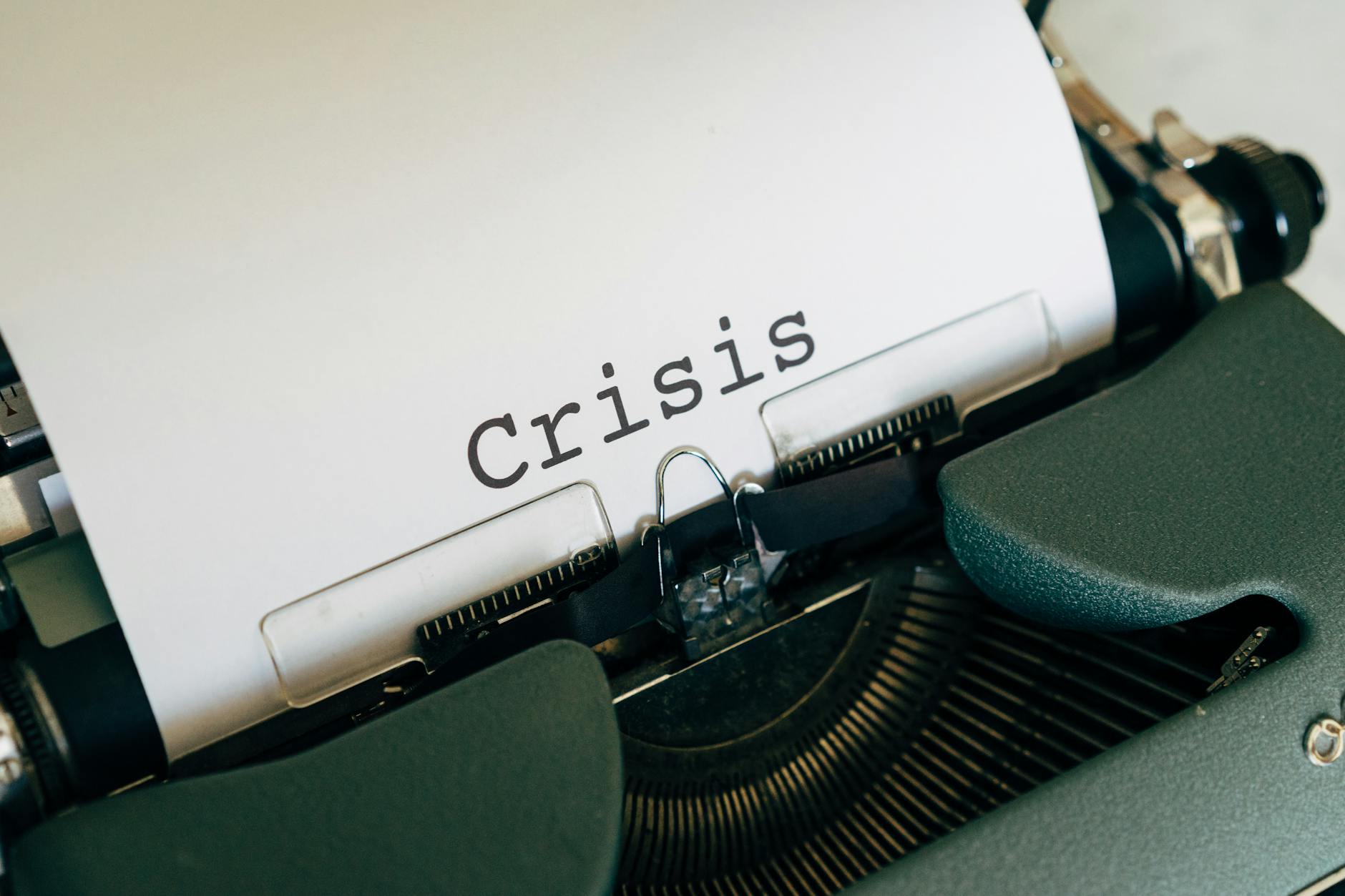What is overwhelm prevention?
What is overwhelm prevention?
Feeling overwhelmed is something many of us can relate to in today’s fast-paced world. Juggling multiple responsibilities, from work deadlines to personal commitments, can create a significant emotional burden. That’s where overwhelm prevention comes into play. Understanding how to manage and mitigate feelings of overwhelm is essential for maintaining both productivity and well-being. In this article, I’ll explore the causes of overwhelm, practical strategies for its prevention, and how building resilience can help keep stress at bay.
Understanding Overwhelm and Its Causes
Overwhelm often manifests when the demands of life exceed our capacity to manage them. But what exactly triggers this feeling?
Defining Overwhelm
Overwhelm is a psychological state characterized by feelings of stress, anxiety, and a sense of losing control. It often feels like standing in front of a tidal wave of tasks, emotions, or responsibilities. This state can affect both mental clarity and emotional stability, leading to a cycle of anxiety that can be hard to break.
Common Triggers of Overwhelm
Several factors contribute to feelings of overwhelm, including:
- Workload: An increase in responsibilities or deadlines can lead to feelings of inadequacy and stress.
- Emotional Stress: Personal issues, such as relationship conflicts or health concerns, can weigh heavily on the mind.
- Lack of Support: Feeling isolated or unsupported can exacerbate feelings of stress and helplessness.
Recognizing these triggers is the first step in preventing overwhelm. For deeper insights into identifying overwhelm, check out this guide on signs of overwhelm.
Strategies for Overwhelm Prevention
Knowing how to tackle overwhelm is crucial for maintaining your mental health. Here are some practical techniques that can help.
Prioritization Techniques
One effective way to manage tasks is through prioritization. Techniques like the Eisenhower Box or ABC prioritization can help you categorize tasks based on urgency and importance. This clarity allows you to focus on what truly matters, reducing the feeling of chaos.
For example, tasks labeled as “A” are critical and should be addressed immediately, while “C” tasks can often wait. By having a defined framework, you can navigate your to-do list with greater ease.
Time Management Techniques
Effective time management is vital for overwhelm prevention. Strategies such as time blocking or the Pomodoro technique can help you work more efficiently:
- Time Blocking: Allocate specific blocks of time to particular tasks. This creates a structured schedule that makes daunting tasks seem more manageable.
- Pomodoro Technique: Work for 25 minutes, then take a 5-minute break. This not only boosts focus but also provides essential downtime that prevents burnout.
Taking regular breaks can significantly enhance productivity and reduce stress. For additional time management tips, consider reading this article on managing overwhelm.
Setting Boundaries
Another critical aspect of overwhelm prevention is setting boundaries. Learning to say no is not just an act of self-care; it’s essential for maintaining your mental health. When you define what you can and cannot take on, you create a buffer against becoming overwhelmed by unrealistic expectations.
Building Resilience Against Overwhelm
While strategies can help manage overwhelming situations, developing personal resilience is equally crucial. Here’s how you can build that resilience.
Cultivating Mindfulness
Mindfulness practices such as meditation or deep-breathing exercises can help ground you during stressful moments. By focusing on the present, you can clear your mind of worries and reduce feelings of anxiety. Even a few minutes of mindfulness each day can lead to improved emotional regulation and a greater sense of control.
Developing a Support System
Having a strong support network is vital for combatting feelings of overwhelm. Friends, family, or colleagues can provide encouragement and help you navigate challenging situations. Talking about your feelings or seeking advice can lighten the emotional load you may be carrying. Consider building connections with others who share similar experiences, as they can provide valuable insights and support.
Conclusion: The Importance of Overwhelm Prevention in Daily Life
In summary, overwhelm is a common experience, but it doesn’t have to control your life. By understanding its causes and implementing effective strategies for prevention, you can navigate life’s challenges with greater ease. Prioritization, time management, and setting boundaries can help you stay on top of your responsibilities. Moreover, cultivating mindfulness and building a support network can enhance your resilience against stress.
Remember, it’s all about finding what works best for you. Incorporate these strategies into your daily routine and take proactive steps towards overwhelm prevention. By doing so, you’ll not only improve your productivity but also enhance your overall well-being. Embrace the journey to a more balanced life!

Photo by Markus Winkler